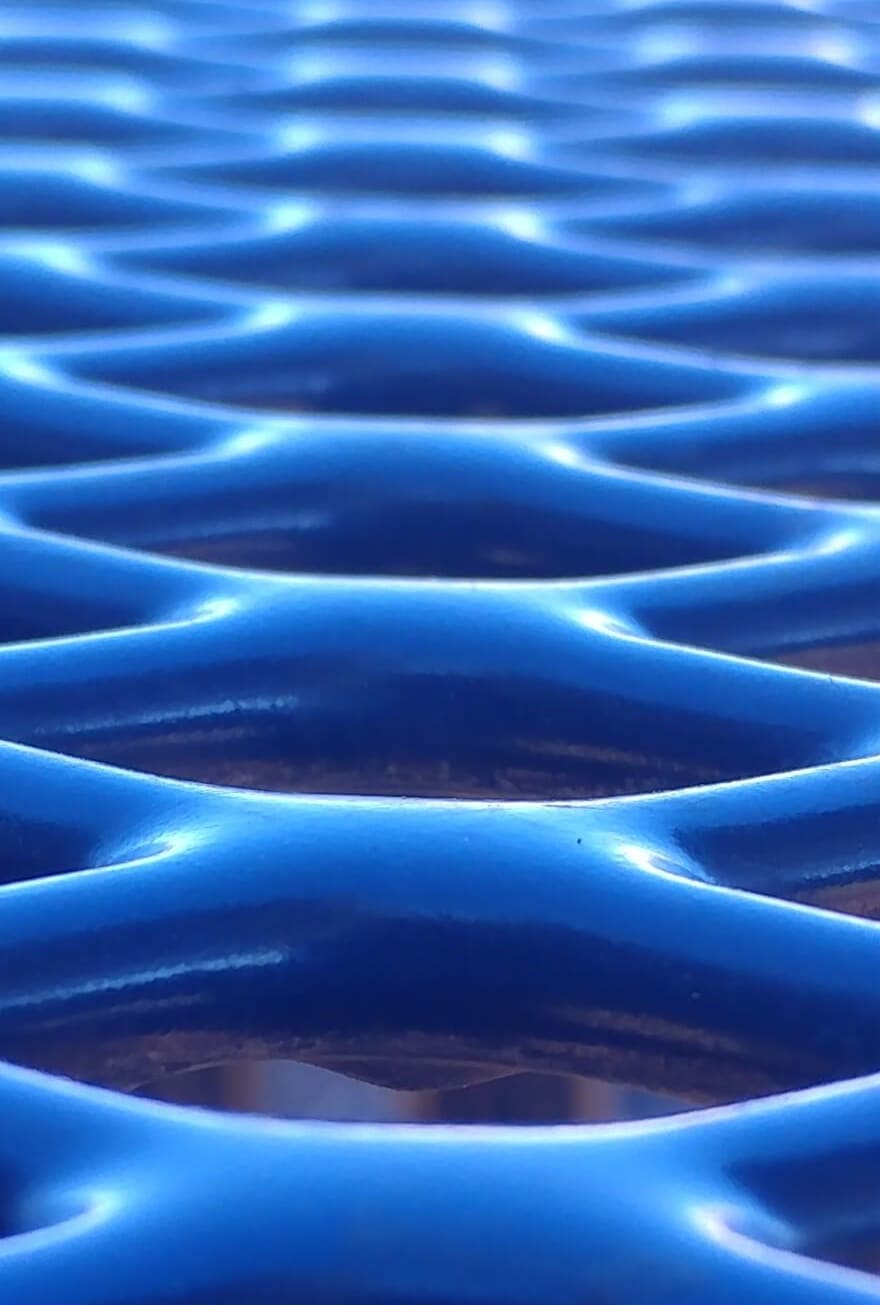Knowde Enhanced TDS
Identification & Functionality
- Additives Included
- Chemical Family
- Polymer Name
- Plastics & Elastomers Functions
- Technologies
- Product Families
Features & Benefits
- Materials Features
- Benefits of NXTamid Grades
PA 6.10 and 6.12 have high impact strength, excellent wear resistance, good electrical insulation properties and high chemical resistance. They also have lower moisture absorption than PA 6 and 6,6. As such they do not swell as much. They are also less sensitive to stress cracking in several applications. Another interesting performance characteristic of 6.12 and 6.10 is that they retain more of their intrinsic impact resistance and toughness at colder temperatures than PA 6 and 6,6, shorter-chain nylons.
Applications & Uses
- Applications
- Plastics & Elastomers End Uses
- Plastics & Elastomers Processing Methods
- Applications of NXTamid Grades
Nylon 6.10 and 6.12 applications include monofilament for items such as cables and brush bristles, extruded tubing, and grades of the specialty nylon that are reinforced with additives such as glass fiber or carbon fiber. Nylon 6.10 and 6.12 can also be used in certain food-contact applications with the proper certifications. Tubing and profile grades are great for being extruded into fuel lines, break lines, or pneumatic lines in applications such as automotive manufacturing. Reinforced grades are glass filled and target metal replacement and structural injection molding usages.
The NYCOA NXTamid family of nylon 6.10 and nylon 6.12 materials includes:
Monofilament grades
These unfilled grades are available in three viscosities and are suitable for direct food-contact applications.
Tubing and profile grades
Nylon 6.10 and 6.12 materials offer improved resistance to ZnCl2 (zinc chloride) and are targeted for complex extruded parts such as automotive fuel lines, brake lines, air brake tubing, and pneumatic lines.
Reinforced grades
Glass-filled grades (15%-50%) target metal replacement and structural injection molding uses. They provide superior elongation and dimensional stability and lower moisture retention compared to nylon 6 and 66. Targeted applications include auto fuel line connectors and structural components.
Properties
- Color
- Mechanical Properties
- Physical Properties
- Thermal Properties
- Note
- All test specimens tested in “dry” state – less than 0.3% moisture.
- Izod Impact – ½” x ¼” bars.
- All tensile properties obtained at a testing speed of 2 in./min.
| Value | Units | Test Method / Conditions | |
| Flexural Modulus | 2050 | MPa | ASTM D 790 |
| Flexural Strength | 78 | MPa | ASTM D 790 |
| Hardness | 80 | Shore D | ASTM D 785 |
| Notched Izod Impact | 4 | kJ/m² | ASTM D 256 |
| Tensile Modulus | 2200 | MPa | ASTM D 638 |
| Tensile Strain (at Break) | 27 | % | ASTM D 638 |
| Tensile Strain (at Yield) | 4.3 | % | ASTM D 638 |
| Tensile Stress (at Yield) | 62 | MPa | ASTM D 638 |
| UnNotched Izod Impact | 35 | kJ/m² | ASTM D 256 |
| Value | Units | Test Method / Conditions | |
| Linear Mold Shrinkage (Normal) | 1.1 - 1.5 | % | ASTM D 955 |
| Linear Mold Shrinkage (Parallel) | 1.1 - 1.5 | % | ASTM D 955 |
| Specific Gravity | 1 | - | ASTM D 792 |
| Water Absorption (at 24 hours) | 0.25 | % | ASTM D 570 |
| Value | Units | Test Method / Conditions | |
| Heat Deflection Temperature (at 264 psi) | 58 | °C | ASTM D 648 |
| Heat Deflection Temperature (at 65 psi) | 155 | °C | ASTM D 648 |
| Melting Temperature | 217 | °C | ASTM D 789 |
Regulatory & Compliance
- Certifications & Compliance







